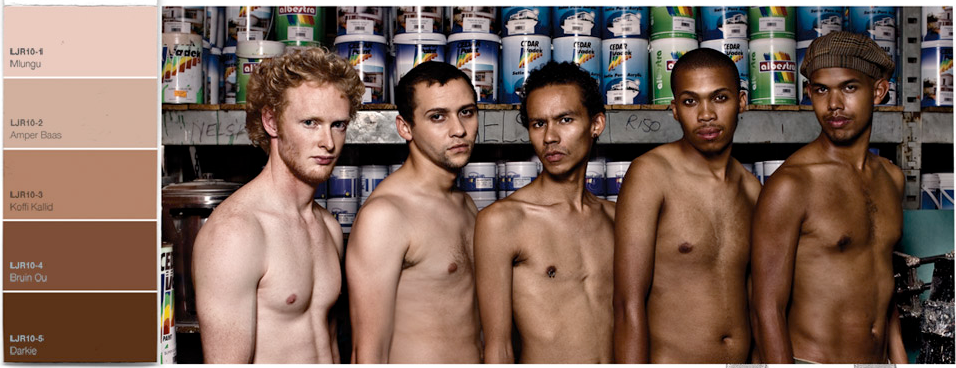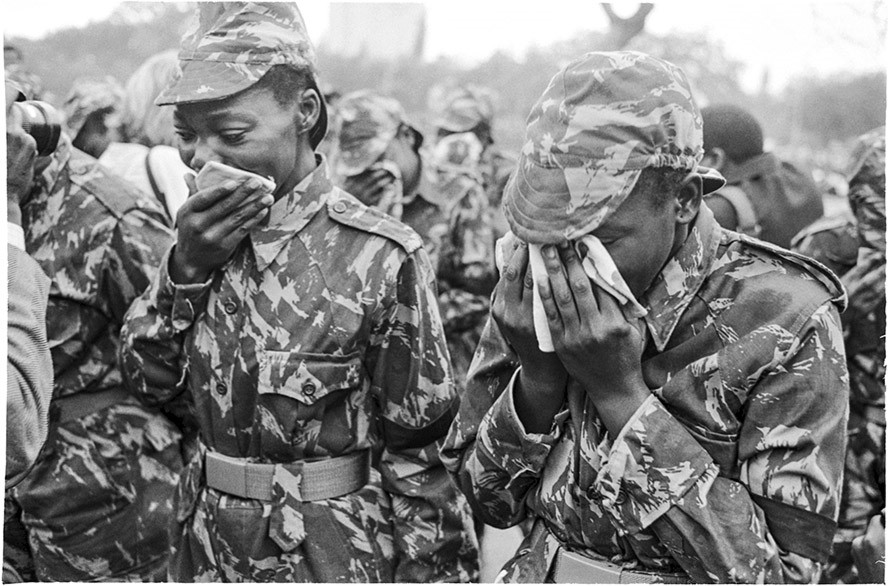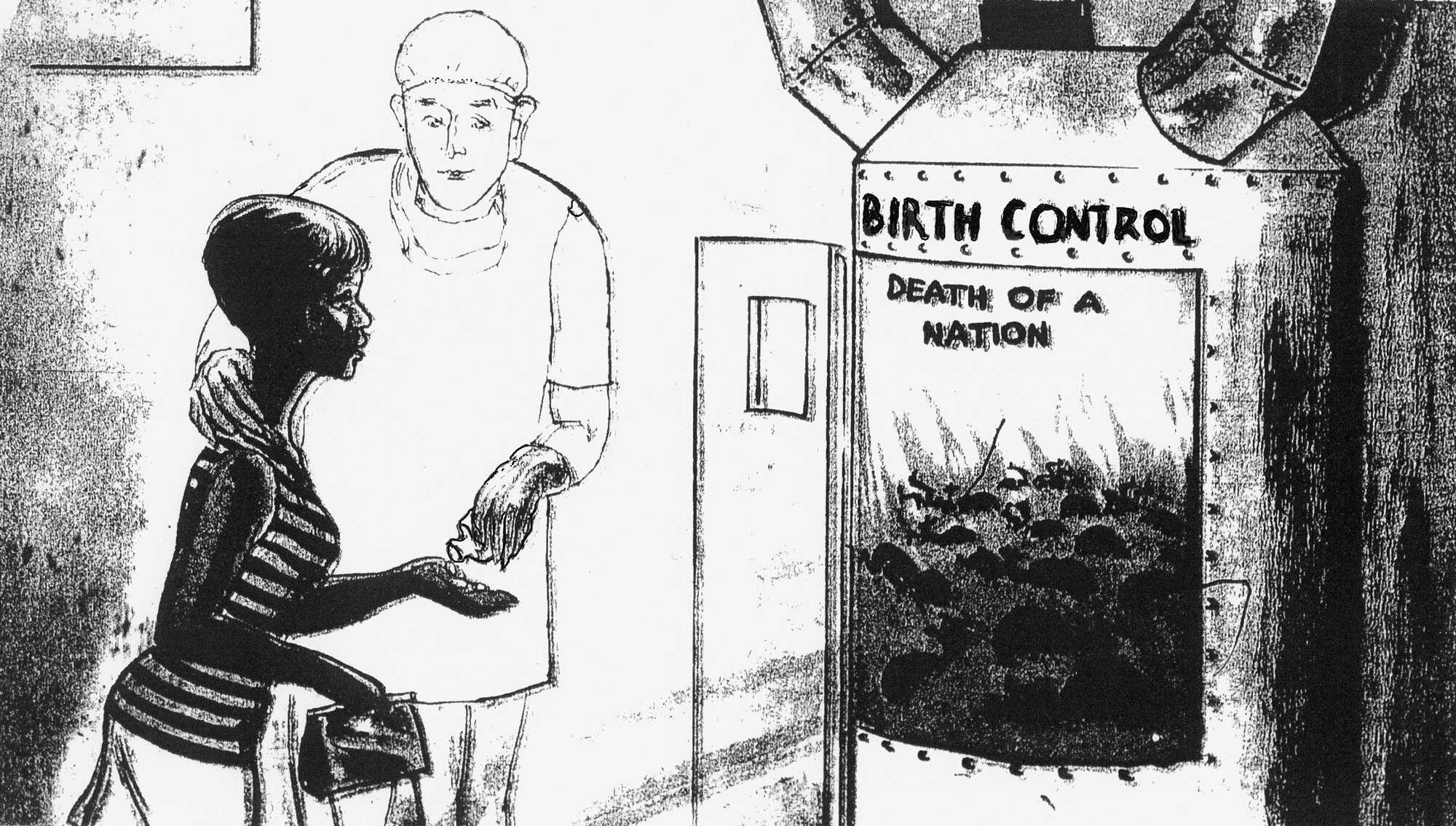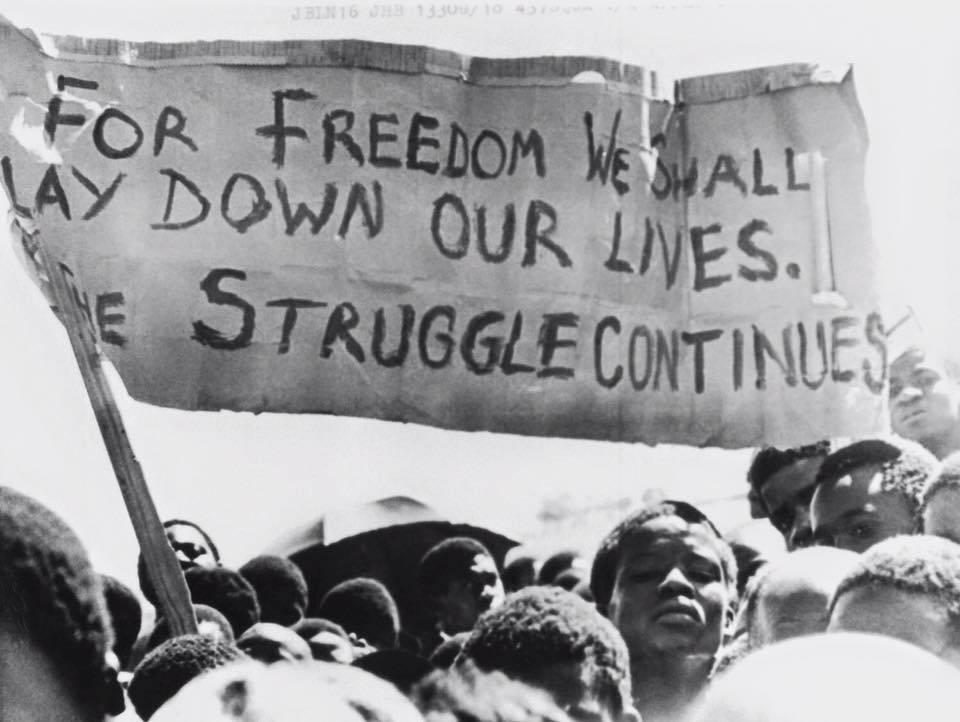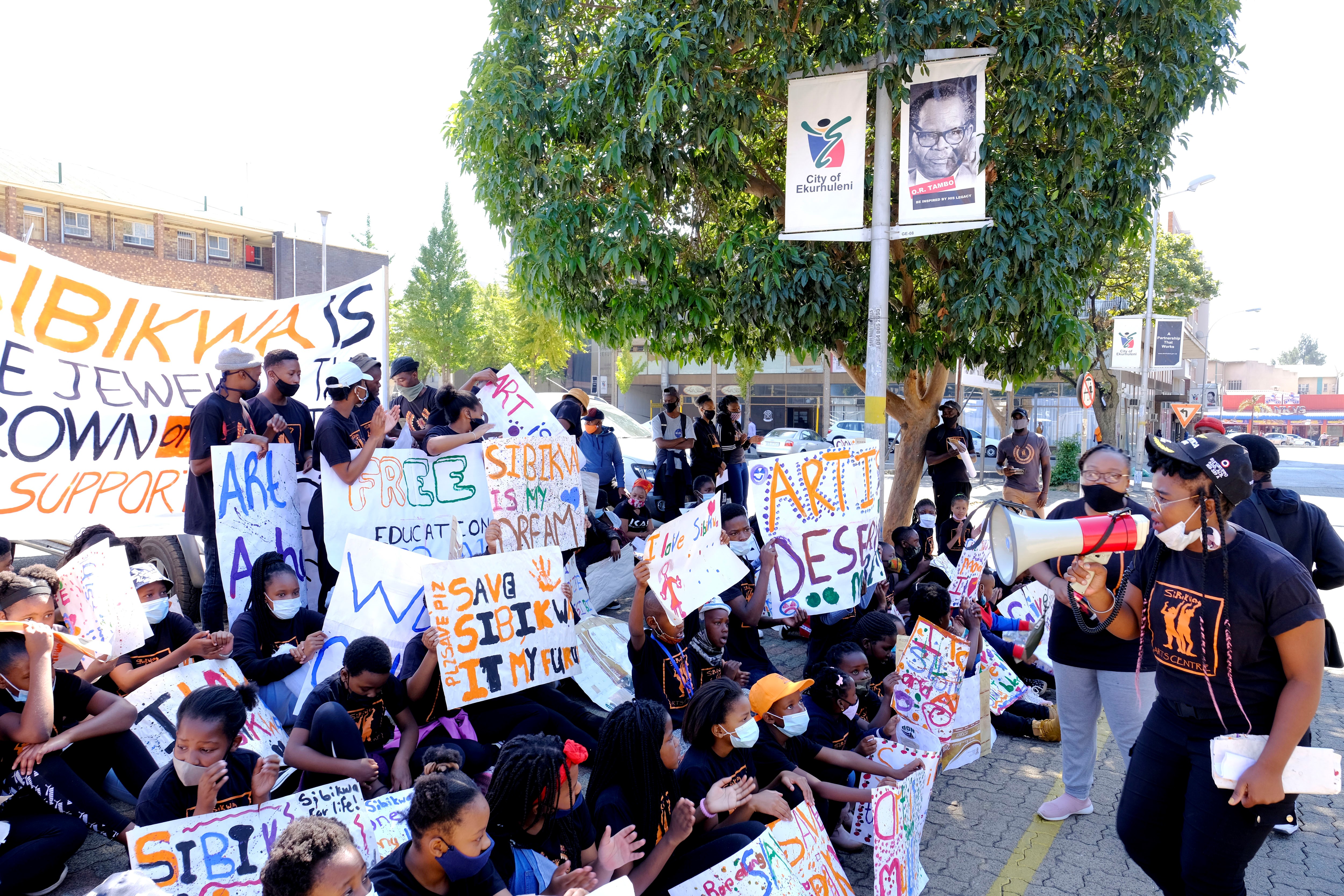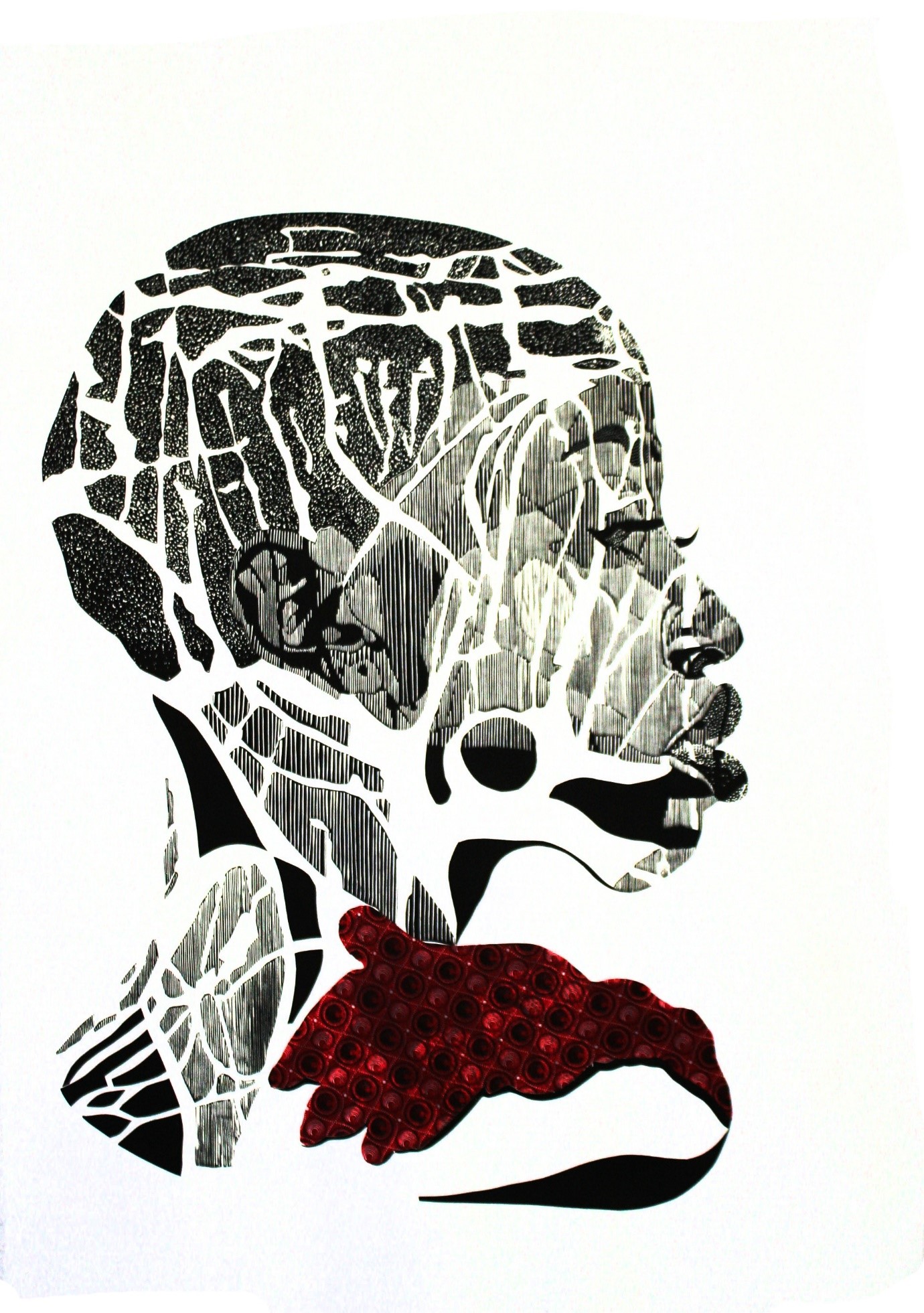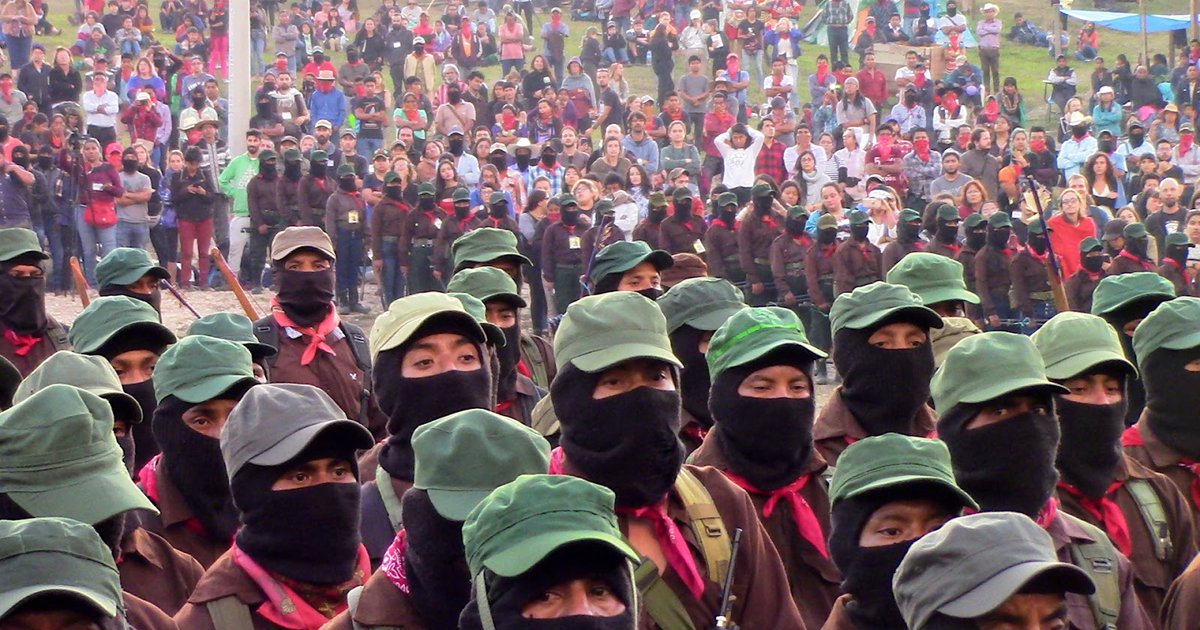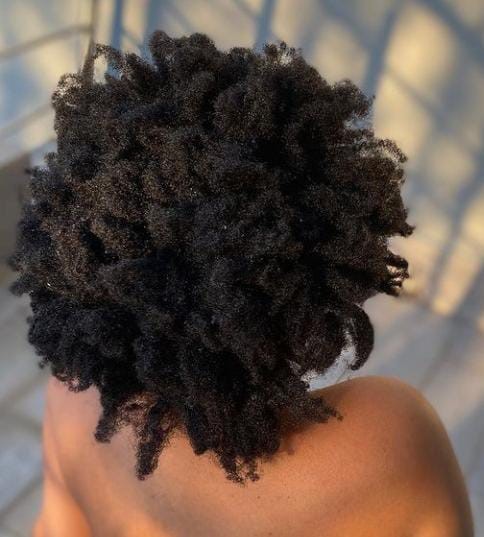The Coloured Question is not new in our public discourse.There is an interesting story of how Richard Dudley of the Unity Movement dealt with this question when former President Mandela asked him to help the ANC secure the”coloured vote” in the 1994 election.
See: The papers of Richard Dudley and anti-apartheid liberation movements
It also came up when Allan Boasak joined the ANC.He made the point that when he was in the Black Consciousness Movement he was Black and when he joined the ANC, he went back to being coloured.
See: Western Cape: A fluid electorate that makes politicians sweat for their vote
More recently, the coloured question came up in a public exchange between Jimmy Manyi and Trevor Manuel. In replying to Manyi, Manuel drew from his Black Consciousness influences.
See: Trevor Manuel’s open letter to Jimmy Manyi
Then not so long ago Gayton Mckenzie co-founded a political party,which based itself on dealing with the needs and aspirations of coloured people.But when we use the word “coloured” what do we actually mean?
If you think about it, the word “coloured” is actually not a noun but an adjective, even though it is commonly used as a noun when describing certain sections of the South Afrikan population.
So, when you refer to someone,yourself or something as “coloured” you imply that its or your shade has been tampared with or influenced to produce a specific or set of colours-thus making you or the object you're describing “coloured” in appearance.
Therefore to refer to such a person or object as “coloured” is merely to describe its or the person's outer appearance and not her or his essence or true nature. In the South African context and politically, the description “Coloured” gained “legitimacy” when it was legalised by the apartheid regime in 1950, through the Population Registration Act.
It was actually meant as a form of humiliation for the people it was directed at, to entrench white supremacy in South Africa and as a strategy of divide and rule. And this humiliation is evident in how this Act defined coloured: “As people who are neither white nor bantu".
Bantu Biko’s Black Consciousness Movement (BCM) sought to deliberately expose and counter this dangerous strategy of the white- settler-colonial regime by redefining Blackness in a unifying way.
See: SA History
So why would anybody think the word “Coloured”, in the South African context is something that can be used to convey group pride, glory or excellence? Unless of course those who use it to refer to themselves or others attach a different meaning to that of the illegitimate and morally repugnant apartheid regime.
However, the more fundamental issue is the fact that, Europeans as a foreign, thieving, murdering and raping group of slave masters could have the audacity to arrogate to themselves the right to define the very people they have captured, enslaved and humiliated.
Whatever we think of the word “coloured” or its genesis, the truth is that, just like racism, the title “coloured” continues to be part of our post 1994 South African consciousness. And like racism, it is something we must deal with honestly and sincerely.

